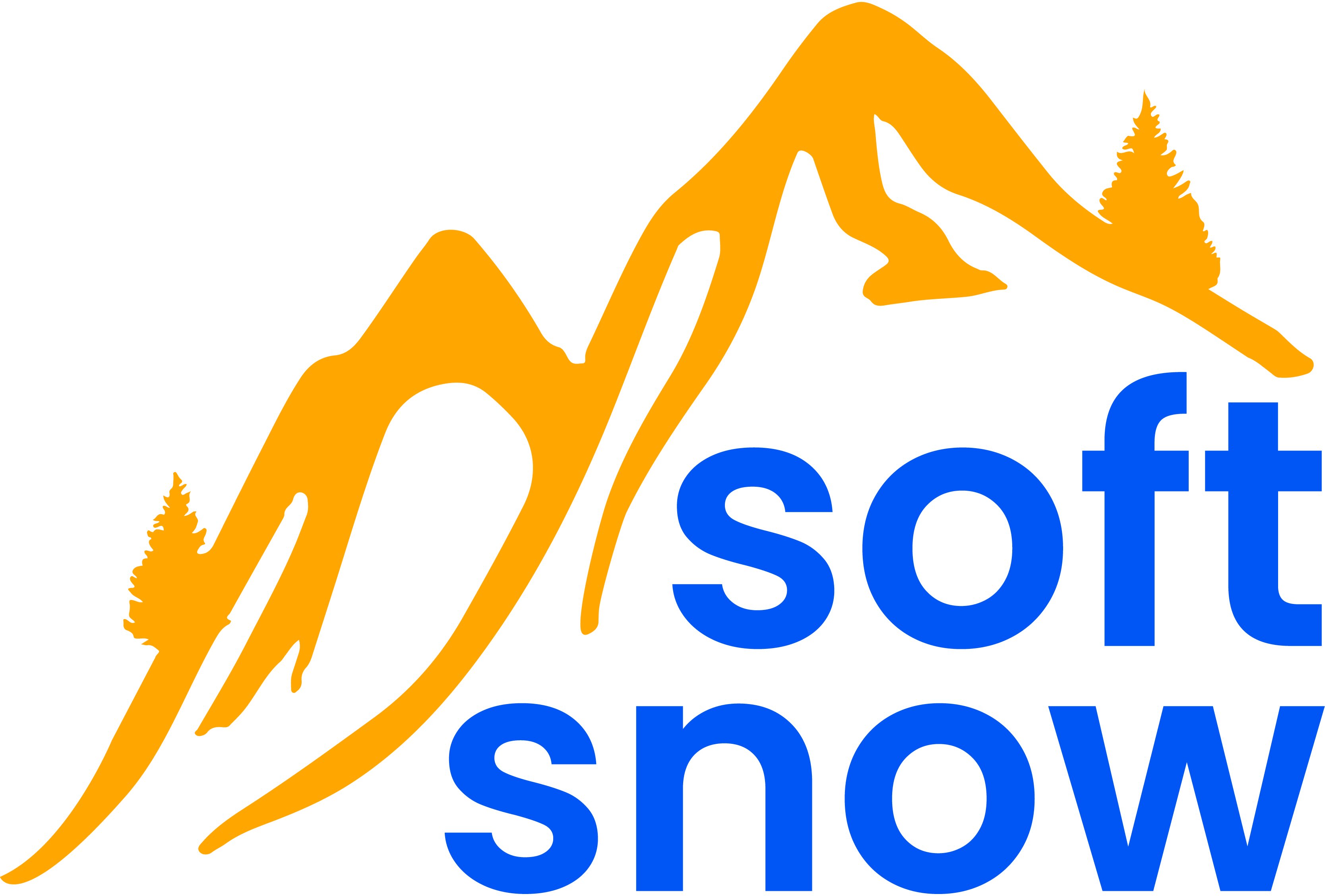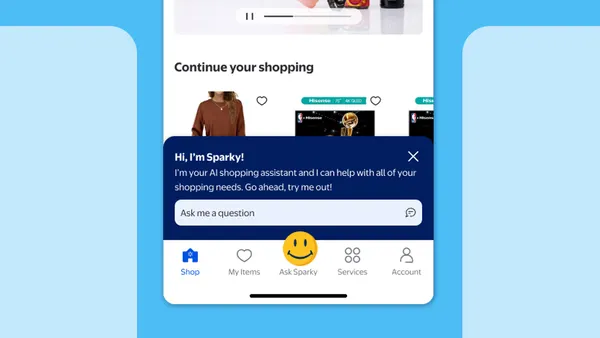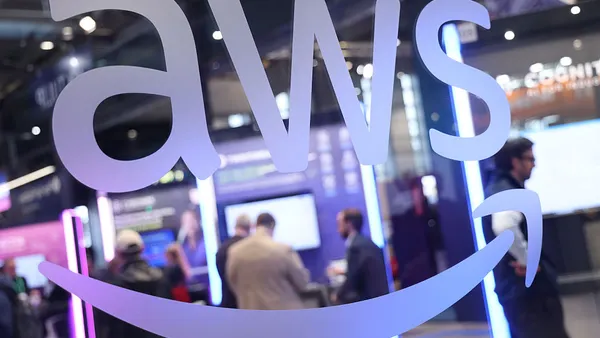Dive Brief:
- The prevalence of legacy tech, alongside privacy and security concerns, top the list of barriers toward adopting innovative technology in the healthcare space, according to Katherine Yacko, senior director of technology innovation at CVS Health, speaking Wednesday at 1776 Presents: Revolutionary Conversations.
- "Your doctor's offices, they're still using fax machines, they're still faxing, for God's sake," said Yacko. The healthcare sector has struggled to adopt technologies such as APIs and digitizing processes, as legacy infrastructure and systems prevail.
- Though systems such as voice-enabled assistants offer interesting capabilities, there are security concerns around using them to manage sensible healthcare data, said Yacko. "You're talking about personal health information, which is I think one of the … highest-hacked areas of data these days," Yacko said.
Dive Insight:
Under pressure after a year of change, the healthcare industry has to contend with cybersecurity and privacy challenges while bringing its technology up to speed.
Funding for cybersecurity companies aimed at the healthcare sector took off in the final quarter of last year as the healthcare industry grappled with the effects of a rise in ransomware attacks, according to CB Insights. At least 26 healthcare providers were hit by ransomware between January and May of 2020.
The pandemic drove hospitals and healthcare facilities to further rely on connected devices, digitizing more patient records and an uptick in patients using telehealth services, said Kelvin Coleman, executive director at the National Cyber Security Alliance, in an email.
"Each of these healthcare components are vulnerable, making the need for increased cybersecurity awareness and education among consumers and healthcare practitioners paramount for safety and prevention," Coleman said.
When it comes to the weight of legacy tech, the healthcare sector may become incentivized to do more modernizing, especially as the government asks the industry to provide more interoperability between providers, said Yacko. Data sharing is a part of that equation.
Migrating away from legacy technology also yields further protection from a cybersecurity standpoint.
"Healthcare and public health facilities should also be vigilant about upgrading and updating their legacy hardware and software; ensuring that all connected devices and applications have multi-factor authentication enabled; and that employees know how to identify and avoid malicious email links and attachments from possible phishing scams targeting their workforce,” said Coleman.













